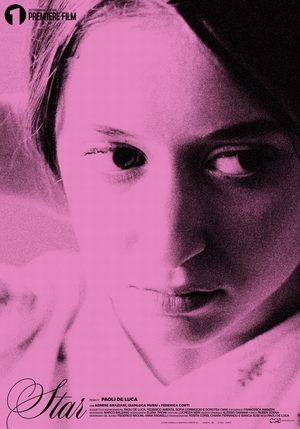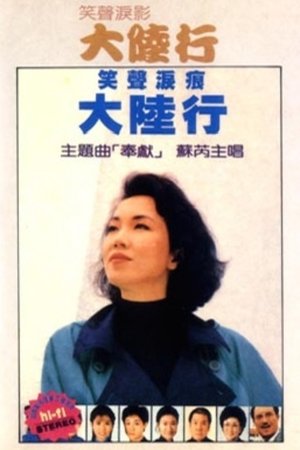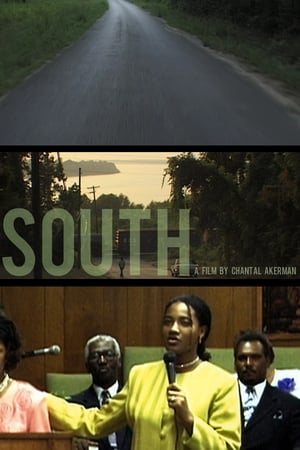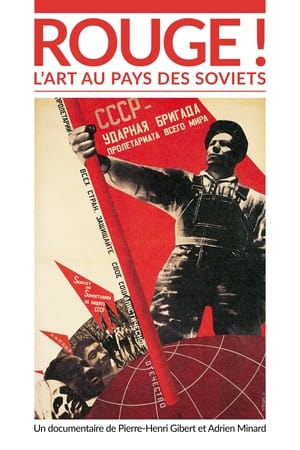

Kino-Pravda No. 15(1923)
Dziga Vertov-directed Soviet newsreel covering: Against war / Against Gods / Education / Agitation / Sports and gymnastics / Danger of war.

Movie: Kino-Pravda No. 15

Кино-Правда № 15
HomePage
Overview
Dziga Vertov-directed Soviet newsreel covering: Against war / Against Gods / Education / Agitation / Sports and gymnastics / Danger of war.
Release Date
1923-05-01
Average
5
Rating:
2.5 startsTagline
Genres
Languages:
PусскийKeywords
Recommendations Movies
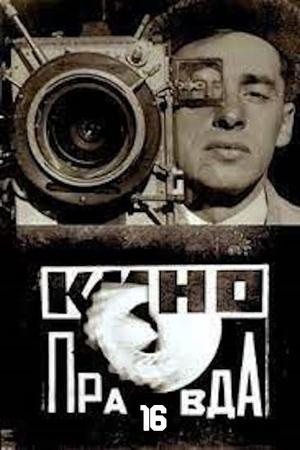 6.2
6.2Kino-Pravda No. 16: Spring Pravda. A Lyrical View Newsreel(ru)
Dziga Vertov-directed Soviet newsreel covering: Arts and crafts exhibition / Actions against hunger / Eisenstein's first film "Dnevnik Glumova" ("Glumov's Diary") / Young Pioneers / May 1, parades
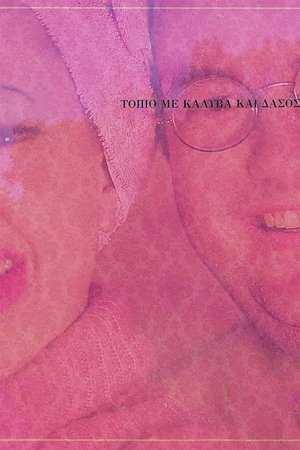 6.2
6.2Painting for the main bedroom(el)
A man is painting a landscape. A woman is holding two cups. What can go wrong? A nightmare in pink.
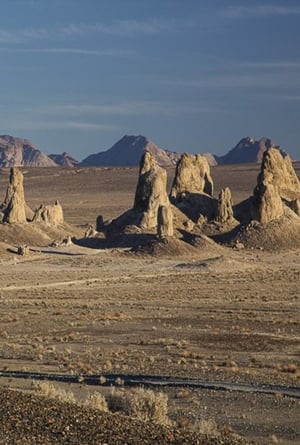 8.9
8.9Tacoma(en)
On their last night of spring break, four old friends, now all college freshmen, realize their small town has more meaning than they ever imagined.
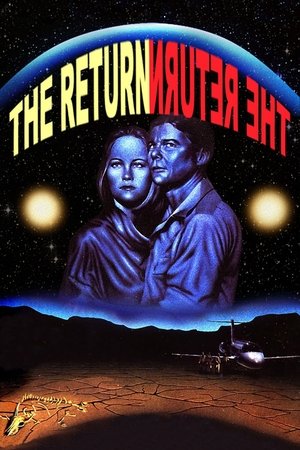 5.9
5.9The Return(en)
Two young children and an adult in a small town have an encounter with an alien spaceship. 25 years later the children are reunited as adults in the same town which is now beset by strange cattle mutilations. Matters become worse when the cattle mutilations are joined by human murders and mutilations.
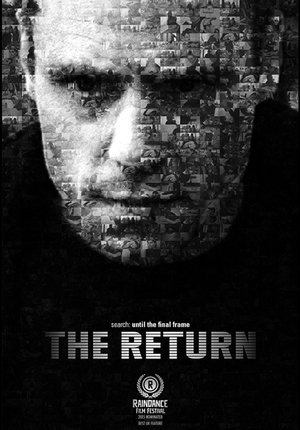 6.5
6.5The Return(en)
BIFA-nominated psychological thriller. “Everyone’s got a secret, something they hide…” When a small time criminal returns to London he unravels a catastrophic secret about the murder of his brother. Twisting and turning, this dizzying journey into the mind of a criminal at his darkest hour keeps the viewer guessing until the final frame. An intense and mind-bending crime noir shot on 35mm.
 7.0
7.0We Want You To Win(ar)
A Kuwaiti comedy play starring Dawood Hussain & Intesar Al Sharrah.
Film(en)
"This piece, with the generic title Film, is a series of short videos built around one protocol: a snippet of news from a newspaper of the day, is rolled up and then placed on a black-inked surface. On making contact with the liquid, the roll opens and of Its own accord frees itself of the gesture that fashioned it. As it comes alive in this way, the sliver of paper reveals Its hitherto unexposed content; this unpredictable kinematics is evidence of the constant impermanence of news. As well as exploring a certain archaeology of cinema, the mechanism references the passage of time: the ink, whether it is poured or printed, is the ink of ongoing human history." –Ismaïl Bahri
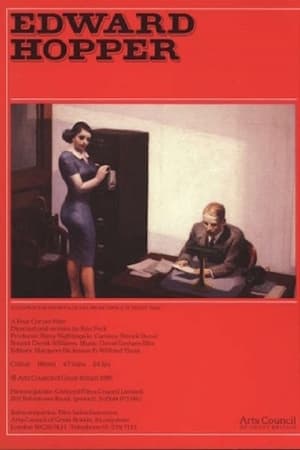 6.2
6.2Edward Hopper(en)
A film based on a search undertaken by filmmaker Ron Peck into the life and work of the painter Edward Hopper.
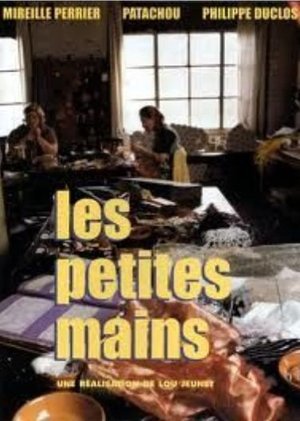 8.0
8.0Les Petites Mains(fr)
After the closure of a lace factory in Calais, Andrée, Lulu and Solange are out on the street.
Six: Inside(en)
Delves deep into the anxiety, thrill and uncertainty of six aspiring animation artists as they are plunged into the twelve-week trial-by-fire that is the NFB's Hothouse for animation filmmakers.
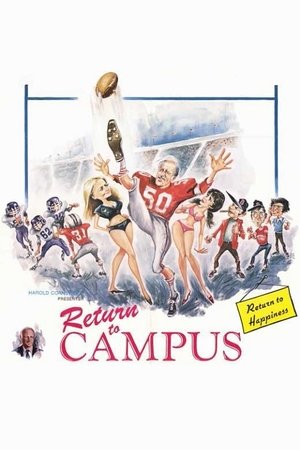 5.8
5.8Return to Campus(en)
A 55-year-old former high school football player finally gets to fulfill his life-long dream and play in the big game in this autobiographical fantasy.
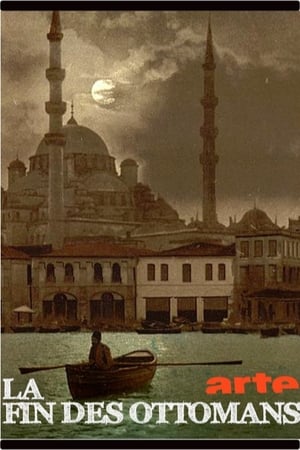 8.2
8.2The End of the Ottoman Empire(fr)
This documentary traces the Ottoman Empire from its beginnings in the 14th century to its incarnation as one of the largest empires in history, spanning three continents, to it's final days at the beginning of the 20th century.
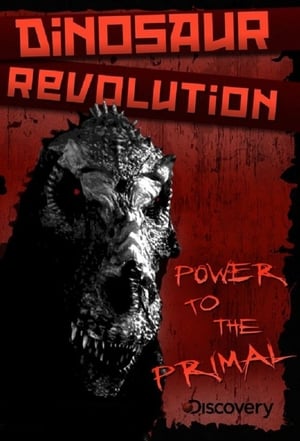 4.5
4.5Dinosaur Revolution(en)
Dinosaur Revolution is a four-part nature documentary miniseries that utilizes computer-generated imagery to portray dinosaurs and other animals from the Mesozoic era. It was praised for its educational content and general energy. Used and unused footage was later made into a feature film titled Dinotasia.
Similar Movies
 8.0
8.0Lenin and the Other Story of the Russian Revolution(fr)
Vladimir Ilyich Ulyanov, better known as Lenin, is remembered as the instigator of the October Revolution of 1917 and, therefore, as one of the men who changed the shape of the world at that time and forever, but perhaps the actual events happened in a way different from that narrated in the history books…
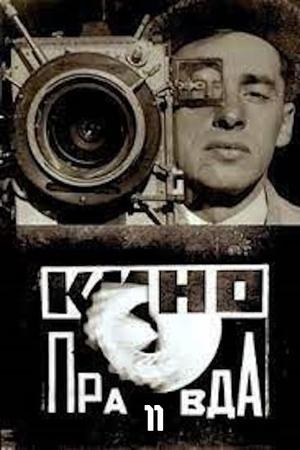 4.5
4.5Kino-Pravda No. 11(ru)
Dziga Vertov-directed Soviet newsreel covering: All-Russian Congress of Trade Unions / Delegations and diplomats / Renaming of a confectionery factory / Unloading supplies / Komsomol Day / Red Army maneuvers.
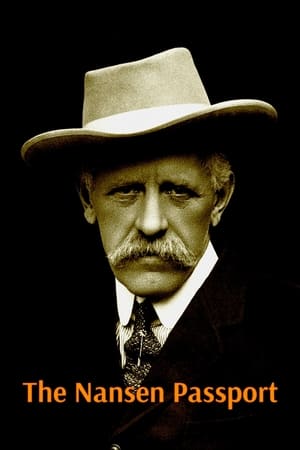 8.0
8.0The Nansen Passport(fr)
On July 5th, 1922, Norwegian explorer, scientist and diplomat Fridtjof Nansen creates a passport with which, between 1922 and 1945, he managed to protect the fundamental human rights as citizens of the world of thousands of people, famous and anonymous, who became stateless due to the tragic events that devastated Europe in the first quarter of the 20th century.
 6.3
6.3The Russian Revolution(en)
Starting in 1881 this film shows the personal battle between Lenin's Ulyanov family and the royal Romanovs that eventually led to the Russian revolution.
 0.0
0.0Stalin: Man of Steel(en)
Emmy Awards nominee for "Outstanding Individual Achievement in a Craft: Research: Multi-faceted portrait of the man who succeeded Lenin as the head of the Soviet Union. With a captivating blend of period documents, newly-released information, newsreel and archival footage and interviews with experts, the program examines his rise to power, deconstructs the cult of personality that helped him maintain an iron grip over his vast empire, and analyzes the policies he introduced, including the deadly expansion of the notorious gulags where he banished so many of his countrymen to certain death.
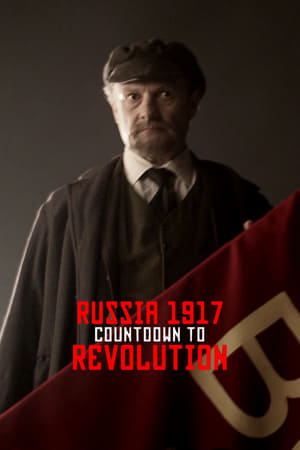 3.0
3.0Russia 1917: Countdown to Revolution(en)
Russia, 1917. After the abdication of Czar Nicholas II Romanov, the struggle for power confronts allies, enemies, factions and ideas; a ruthless battle between democracy and authoritarianism that will end with the takeover of the government by Vladimir Lenin and the Bolsheviks.
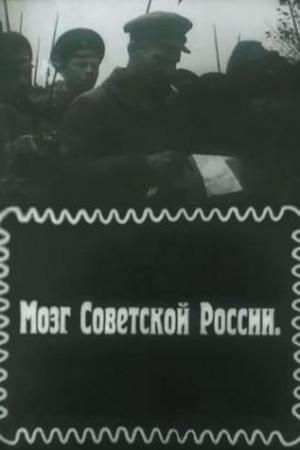 6.1
6.1The Brain of Soviet Russia(ru)
This film shows the leaders of organizations that emerged after the Russian Revolution. It is the fragment of ‘Anniversary of the Revolution’ made by Vertov in 1918.
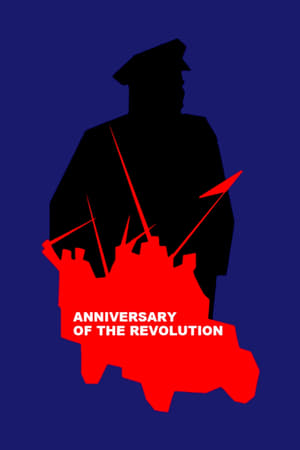 6.7
6.7Anniversary of the Revolution(ru)
A chronicle of the Russian Revolution of 1917, from the bourgeois democratic February Revolution to the great socialist October Revolution and the final triumph.
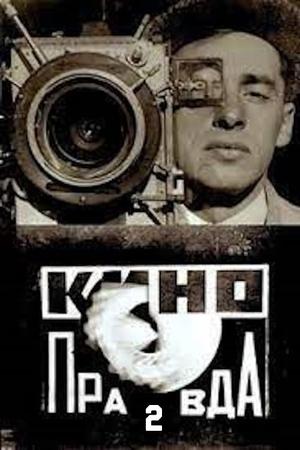 5.1
5.1Kino-Pravda No. 2(ru)
Dziga Vertov-directed Soviet newsreel covering: The opening of an electric generating station / Trial of the Socialist Revolutionaries.
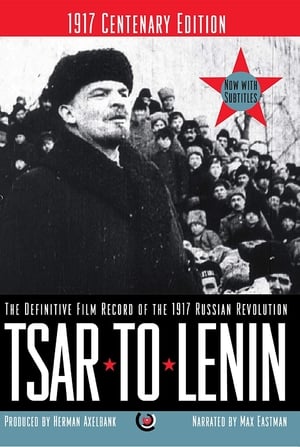 6.5
6.5Tsar to Lenin(en)
A documentary film account of the Russian Revolution, based on archival footage.
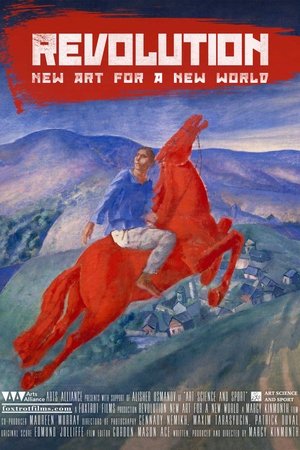 7.5
7.5Revolution: New Art for a New World(en)
Drawing on the collections of major Russian institutions, contributions from contemporary artists, curators and performers and personal testimony from the descendants of those involved, the film brings the artists of the Russian Avant-Garde to life. It tells the stories of artists like Chagall, Kandinsky and Malevich - pioneers who flourished in response to the challenge of building a new art for a new world, only to be broken by implacable authority after 15 short years and silenced by Stalin's Socialist Realism.
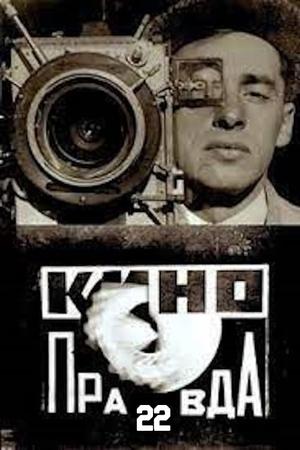 4.9
4.9Kino-Pravda No. 22: Lenin Is Alive in the Heart of the Peasant. A Film Story(ru)
Dziga Vertov-directed Soviet newsreel covering: First anniversary of Lenin's death / Smycka of the city and the village: group of peasants visit Moscow / Lenin's effect on peasants and oppressed nations
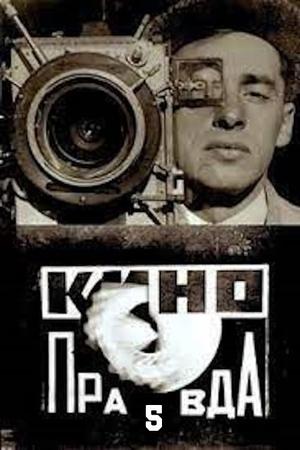 5.0
5.0Kino-Pravda No. 5(ru)
Dziga Vertov-directed Soviet newsreel covering: Peasant People's Commissar for Agricultural Affairs, Vasilij Jakovenko / Health resort Soči / Sanatorium for children / Harness racing - The first Red Derby.
 5.3
5.3Kino-Pravda No. 17(ru)
Dziga Vertov-directed Soviet newsreel covering: Hunger and harvest / Alliance between city and country / Agricultural and home industries exhibition: To the exhibition, construction work and preparations, exhibits, map of the exhibition, visitors
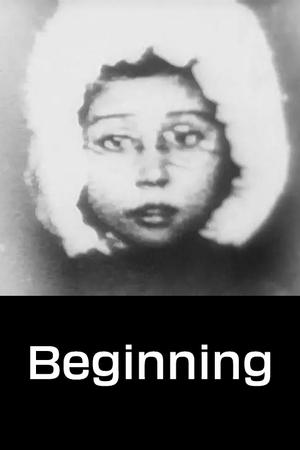 6.0
6.0Beginning(hy)
Philosophical essay about the October Revolution of 1917 in Russia, its influence on the destiny of the world in the 20th century.
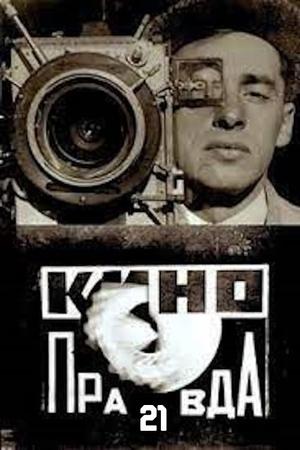 5.2
5.2Kino-Pravda No. 21: Lenin Kino-Pravda. A Film Poem About Lenin(ru)
Dziga Vertov-directed Soviet newsreel made to commemorate the first anniversary of the death of Vladimir Ilich Lenin (21st January 1924 - 1925) drawn from 'The Final Journey', a Pravda feuilleton written on the occasion of Lenin's funeral by the man who had introduced Vertov to cinema, Mikhail Koltsov. Contains: First anniversary of Lenin's death: 1. Assassination attempt on Lenin and Soviet Russia's progress under his leadership / 2. Lenin's illness, death and funeral / 3. The year after Lenin's death
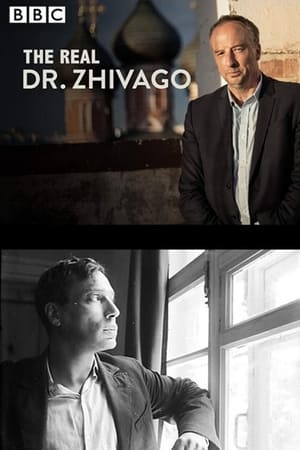 0.0
0.0The Real Doctor Zhivago(en)
Dr. Zhivago is one of the best-known love stories of the 20th century, but the setting of the book also made it famous. It is a tale of passion and fear, set against a backdrop of revolution and violence. The film is what most people remember, but the story of the writing of the book has more twists, intrigue and bravery than many a Hollywood blockbuster. In this documentary, Stephen Smith traces the revolutionary beginnings of this bestseller, to it becoming a pawn of the CIA at the height of the Cold War.
 5.9
5.9Kino-Pravda No. 18: A Movie-Camera Race over 299 Metres and 14 Minutes and 50 Seconds in the Direction of Soviet Reality(ru)
Dziga Vertov-directed Soviet newsreel covering: Up the Eiffel Tower in Paris / Moscow / Auto race Petrograd – Moscow / Aspects of everyday Soviet life / Peasant from Jaroslavl' visiting Moscow / Ceremonial introduction of a newborn into a workers' collective
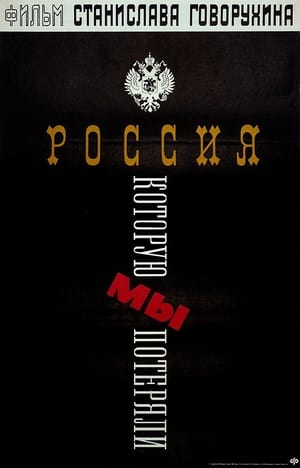 0.0
0.0The Russia We Lost(ru)
The sequel of feature-publicistic film «You Can’t Live Like That». Showing the countrymen charmless and sometimes scaring life picture of once great power with pain and anger, the author tries to uncover the reason of the country’s and nation’s tragedy.
